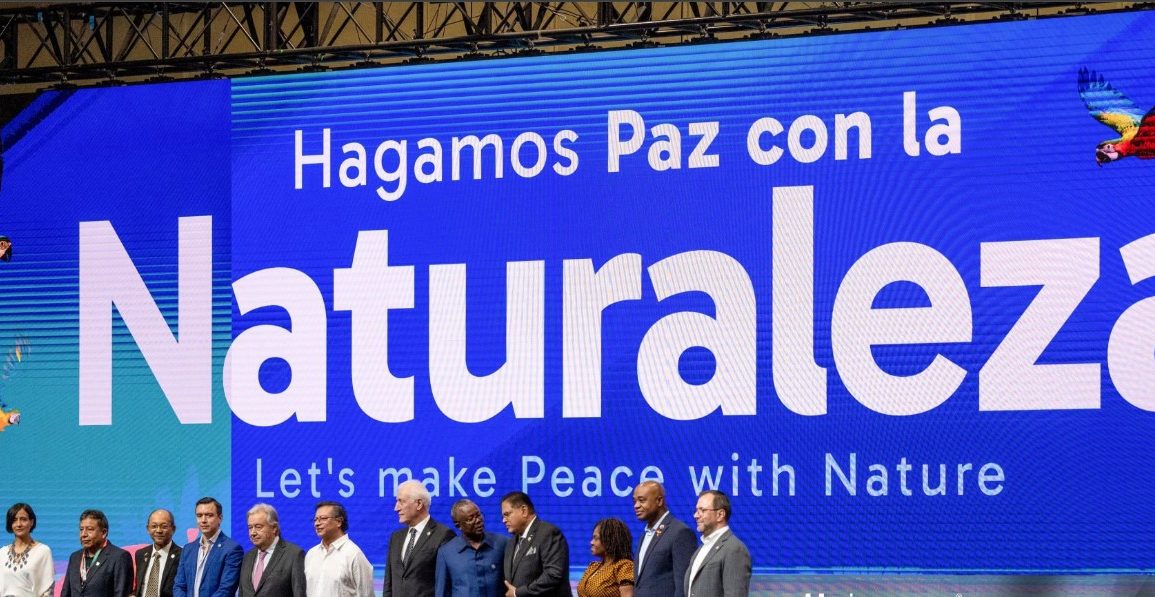As the world gears up for COP29, the highly anticipated climate change conference set to begin on November 11, the recent COP16 summit on biodiversity has slipped through the cracks of public attention.
Closing just two days ago, COP16 showcased a troubling lack of commitment, with 80% of participating countries failing to submit their plans to adhere to a landmark UN nature agreement, including the host nation, Colombia.
Delegates expressed alarm over the absence of tangible progress on major biodiversity targets, raising questions about the effectiveness of global efforts to curb nature loss.
The urgency of biodiversity loss cannot be overstated. Since 1970, wildlife populations have plummeted by an average of 73%, with numerous species—including the golden toad and the Pinta giant tortoise—extinct since 2015.
At COP16, it was reported that 46,000 species face extinction, along with more than a third of the planet’s trees.
Despite the stark reality, the focus remains heavily tilted toward climate change, overshadowing the biodiversity crisis that is intrinsically linked to it.
The disparity in political engagement is glaring. Unlike COP27, which faced significant public backlash when UK Prime Minister Rishi Sunak initially opted out of attendance, COP16 has drawn little interest.

Britain was represented by a newly appointed “nature envoy” who stepped in just a day before the summit commenced, highlighting the lack of urgency surrounding biodiversity issues.
The media narrative has shifted significantly since the 1980s when the focus has moved from the preservation of iconic species and ecosystems to discussions centered on climate metrics.
This change has resulted in a staggering eightfold increase in media coverage of climate change compared to biodiversity loss.
Critics argue this approach risks overlooking the immediate and visceral impacts of ecological degradation.
The need for a more emotive narrative is critical. Focusing solely on temperature changes may lack the compelling human connection necessary to inspire action.
Recent climate-related disasters, like the deadly flooding in Valencia, Spain, linked to rising temperatures, illustrate the urgent human costs of climate change.
Additionally, leveraging public empathy for wildlife could serve as a potent catalyst for environmental advocacy.
For a holistic approach to environmental issues, the discourse must also encompass the resilience of nature and the potential for recovery.
A hopeful narrative that envisions clean air, clear water, and thriving ecosystems may resonate more effectively than one rooted in despair.
As we approach COP29, a united front prioritizing both climate and biodiversity could prove essential for safeguarding the planet’s future.

